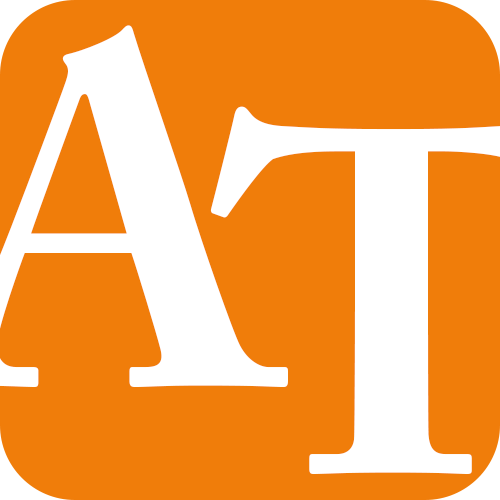Kabbalah Part 16
Halachah
Kabbalah part 16
What is the state of Kabbalah today? Chassidim are centered on the ideas of Kabbalah, but, for the most part, not on studying the primary texts. Only people on an advanced level would touch the actual Zohar or Writings of the ARI, The big exception is Breslov, where Kabbalah is freely studied. . Chabad is very open about teaching and studying Kabbalistic ideas, especially as seen through the lens of Chassidism, but all but the most advanced do not study Zohar. There is a video of Rabbi Ashlag, who wrote a Hebrew translation of the Zohar and a commentary, urging the Lubavitcher Rebbe to encourage his followers to study Zohar daily. His entreaty was met with refusal. Yet, Kabbalistic ideas abound in Chabad literature and thought. In Middle Eastern Sepharadic circles, even the uneducated will read the Zohar, without knowing its meaning. They find the recitation alone to be inspiring. Rabbis in those communities are generally well versed in Zohar, and Kabbalistic rituals are common in those circles. Among non Chassidic Ashkenazim, Kabbalah is either put on a shelf, or actually opposed.. At best, a sterilized, non emotional Kabbalah is studied. In Modern Orthodox circles, Kabbalah is usually rejected outright. This is not true in Israel, as the writings of Rav Kook are almost totally based on Kabbalah. "New Agers" rediscovered Kabbalah, but mostly as a way of "spacing out", often in combination with drugs and promiscuity. The mid twentieth century saw the birth of various Kabbalah Centers, teaching a "New Agey" Kabbalah. For example, the Messianic Era becomes the "Age of Aquarius". Observance of the mitzvot is absent, and Kabbalah becomes a quasi philosophical/self help, Universalist movement. On the positive side, the Open Orthodox movement sees Kabbalah as a major part of Torah and Jewish life, recognizing that it is, in fact, the soul of Judaism. Non Orthodox movements have historically rejected Kabbalah, but that is now changing. An ethical understanding of Judaism, as preached by classical Reform, or an historical approach, championed by Conservative, solves few people's spiritual longings and questioning. Several people have come forward in both those movements, with a message that spiritual truths are to be found in Kabbalah. The urge to find G-d is strong. Ironically, it is often the local Orthodox rabbis who try to squelch this impulse. I know many people who were attracted to Judaism because of the Kabbalistic writings, especially those of Rabbi Nachman, only to be told by their rabbis that it is forbidden to read these works. Indeed, the ArtScroll editions of classical Torah commentaries have Kabbalah carefully censored out. I don't beleive that this can continue. Numerous people seek G-d through His Torah. Besides the roadblocks put in the way of those seeking conversion, the next hurdle is a Judaism that is essentially "do this, and don't do that", with incredibly shallow explanation of why that is good. Eventually, people will simply not stand for it. I am told that in many parts of the U.S., spiritually sterile Modern Orthodoxy is already being replaced with Chabad. I see this as a step in the right direction. Like when Chassidism first began, and was persecuted by the Yeshiva heads of Central and Eastern Europe, the people "voted with their feet", and non Chassidic Orthodoxy was mostly left in the dust in many areas. In the words of Rabbi Nachman is one of his stories: "Keep your treasures! Make use of them!".

